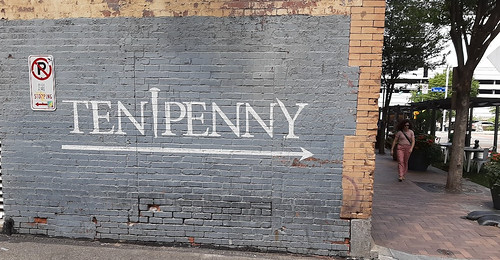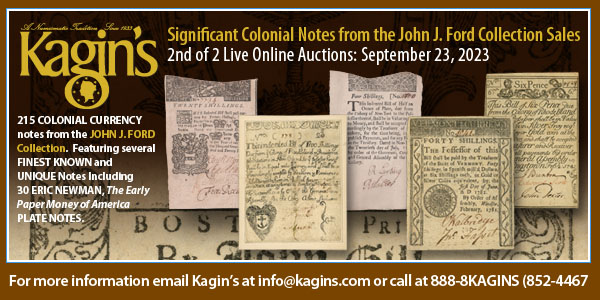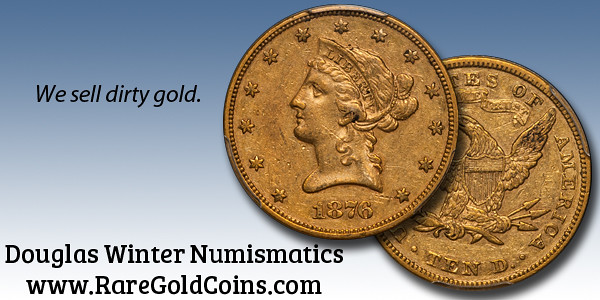
PREV ARTICLE
NEXT ARTICLE
FULL ISSUE
PREV FULL ISSUE
WERE IRON NAILS REALLY USED AS MONEY?I had a conversation with Bob Leonard at the International Primitive Money Society table at the ANA in Pittsburgh this month. One topic was the subject of an article by Bob in the April 2023 IPMS Newsletter. With permission, here's an excerpt and a question for readers. -Editor
Were iron nails really used as a medium of exchange in Colonial America, or is that story a
Gary remarked,
These are good questions. The standard account of Colonial American I somehow managed to miss this story. But what are the facts? Bob's article goes on to cite references to "nail money" in U.S. numismatic publications back to 1927, including Louis Jordan's recent look into examples of nails being used as commodity payments in the 1600s. Gary is working on an article on the topic. Can anyone help with additional citations or examples from original source materials? Is "nail money" just a myth? Regardless, phrases like "ten penny nail" persist to this day, as shown in this photo I shared with Bob at the show - it's a mural advertising a restaurant in downtown Pittsburgh - I snapped it walking back from lunch one day at the convention. -Editor
Wayne Homren, Editor The Numismatic Bibliomania Society is a non-profit organization promoting numismatic literature. See our web site at coinbooks.org. To submit items for publication in The E-Sylum, write to the Editor at this address: whomren@gmail.com To subscribe go to: https://my.binhost.com/lists/listinfo/esylum All Rights Reserved. NBS Home Page Contact the NBS webmaster 
|



